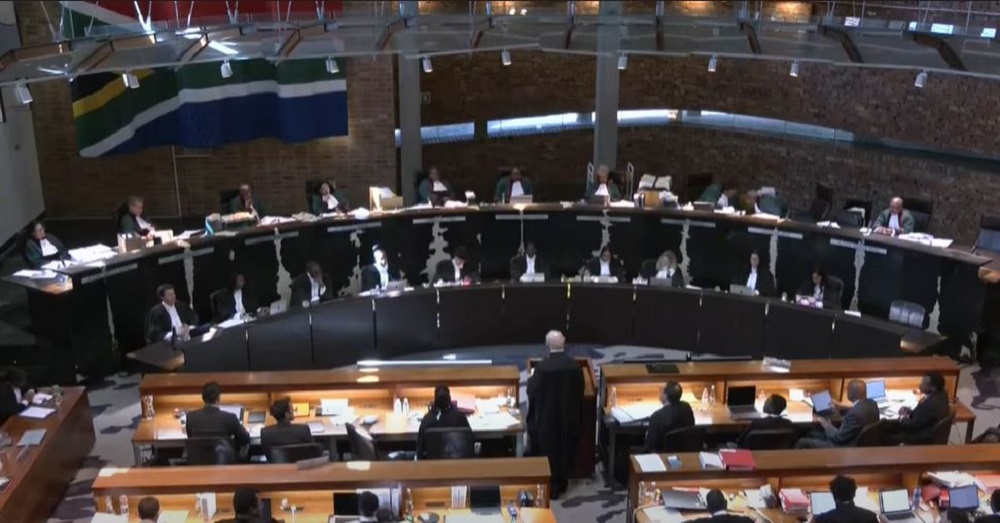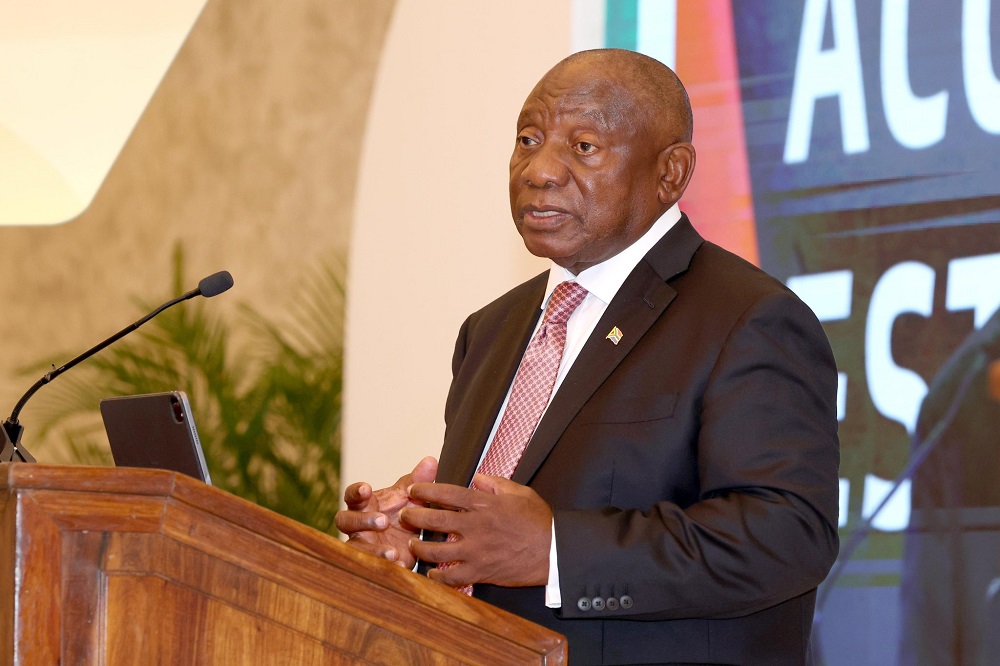-
Apex court hears arguments from competition authorities
The Constitutional Court has reserved judgment in the rand rigging case between the Competition Commission and several banks accused of manipulating the currency.
The case stems from alleged conduct between 2007 and 2013 by 28 local and international banks accused of colluding to coordinate rand-dollar trading in chat rooms.
This week, the Apex court heard arguments from competition authorities that want a decision by the Competition Appeal Tribunal to be overturned. The Competition Appeal Court dismissed the case against most of the banks primarily on Jurisdictional grounds.
ConCourt reserves its judgment in Rand rigging case
In what was supposed to be a sitting for 4 days, the Constitutional Court concluded proceedings a day earlier.
The Competition Commission alleges that a number of banks were involved in a “single overarching conspiracy” to price-fix the rand/dollar pair.
Head of Cartels at the Commission, Makgale Mohlala says their priority is the issue of Jurisdiction, saying if conduct impacts the local economy, then the regulators must act. He is confident the court will rule in their favour
Local and international banks accused of colluding to manipulate the rand-dollar exchange rate say the Competition Commission has failed to make a solid case. They maintained that the Competition watchdog has no case against them, arguing for the case to be dismissed.
Two banks have already admitted liability and paid fines, while the rest continue to fight the charges.
Analyst Owen Nkomo, CEO at Nkomo Wealth Group, laments the complexity of the case, saying the banks may walk free.
All the legal representatives of the various banks who challenged the Competition Commission’s appeal in the Constitutional Court – including Standard Bank, ANZ, Credit Suisse, Bank of America, and BNP Paribas, among others – have made their submissions.
Advocate Thembeka Ngcukaitobi, representing the Competition Commission, has presented responding arguments wherein he reaffirmed that South African competition authorities have jurisdiction to prosecute the various banks.
“The Foreign banks were involved in a conspiracy with South African respondents, it does not mean each South African respondent must have communication with a foreign bank. It means in the overall conspiracy, there were South African respondents. It also doesn’t mean that the conspiracy is confined to the Old Gits Chatroom; the conspiracy goes further than the Old Gits Chatroom. It includes the ZAR, it includes other chatrooms, it includes private communication, telephone discussions and trading data. Now, in that SOC, there were SA banks, we know of Absa, Nedbank. Absa has applied for leniency, Nedbank hasn’t.”
Judgment by the constitutional court is reserved.











